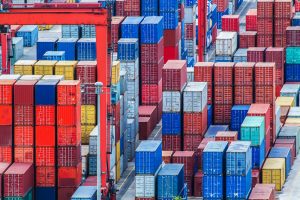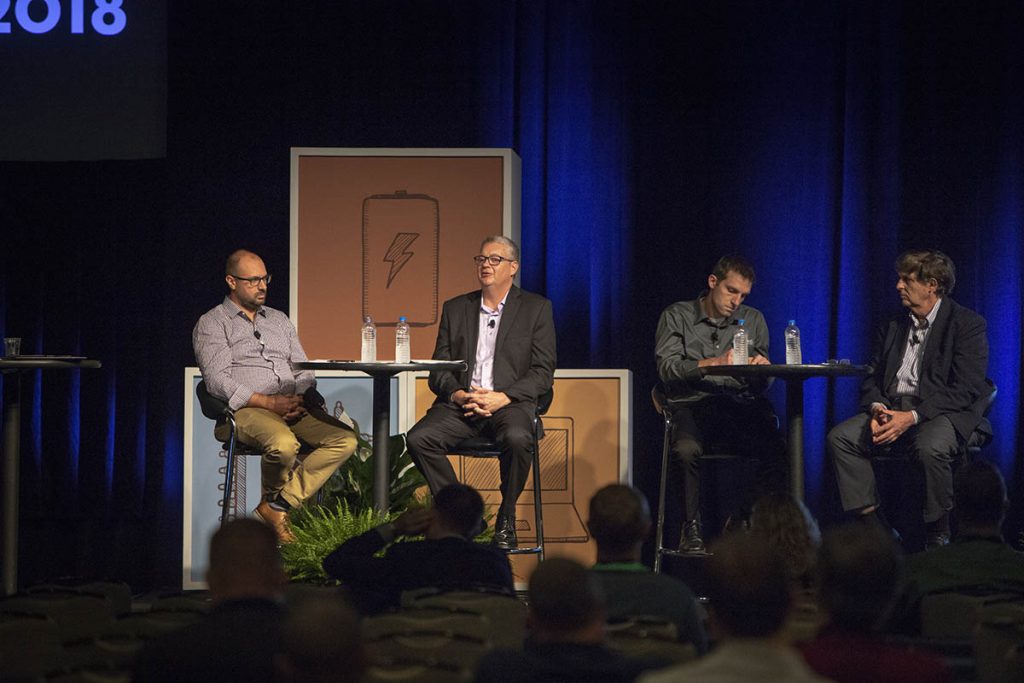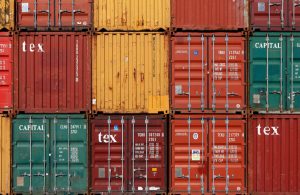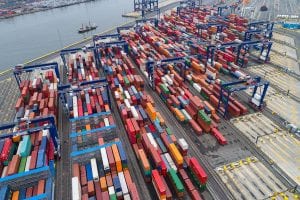Photo shows the tracking device on a laptop displaying the tracking software interface.
Of 170 trackers placed in e-scrap devices over the past two years, the vast majority remained in the U.S. Most of those electronics that were exported went to Asia, according to the Green Tracking Service.
Continue Reading


 Oregon regulators announced they’ve settled a case against e-scrap processor Total Reclaim, centered on the company misleading customers about how devices were being handled. The company had previously acknowledged the settlement.
Oregon regulators announced they’ve settled a case against e-scrap processor Total Reclaim, centered on the company misleading customers about how devices were being handled. The company had previously acknowledged the settlement. E-scrap exports to Hong Kong will require more due diligence beginning in January, when the semi-autonomous region implements new import and recycling permit requirements.
E-scrap exports to Hong Kong will require more due diligence beginning in January, when the semi-autonomous region implements new import and recycling permit requirements. Import policies in China and Southeast Asia continue to tighten, making it more difficult to move certain e-scrap materials to international markets.
Import policies in China and Southeast Asia continue to tighten, making it more difficult to move certain e-scrap materials to international markets.
 A Canadian e-scrap operator has filed a defamation lawsuit against the Basel Action Network (BAN) after the Seattle-based watchdog group accused the business of exporting electronics to developing nations.
A Canadian e-scrap operator has filed a defamation lawsuit against the Basel Action Network (BAN) after the Seattle-based watchdog group accused the business of exporting electronics to developing nations. A major e-scrap processor that was recently called out by the Basel Action Network for improper export activities has questioned the watchdog’s allegations.
A major e-scrap processor that was recently called out by the Basel Action Network for improper export activities has questioned the watchdog’s allegations. Federal regulators are considering a proposal to ban exports of unprocessed e-scrap and require stringent tracking procedures for exports that are still allowed.
Federal regulators are considering a proposal to ban exports of unprocessed e-scrap and require stringent tracking procedures for exports that are still allowed.